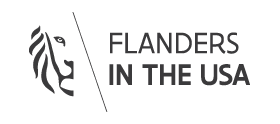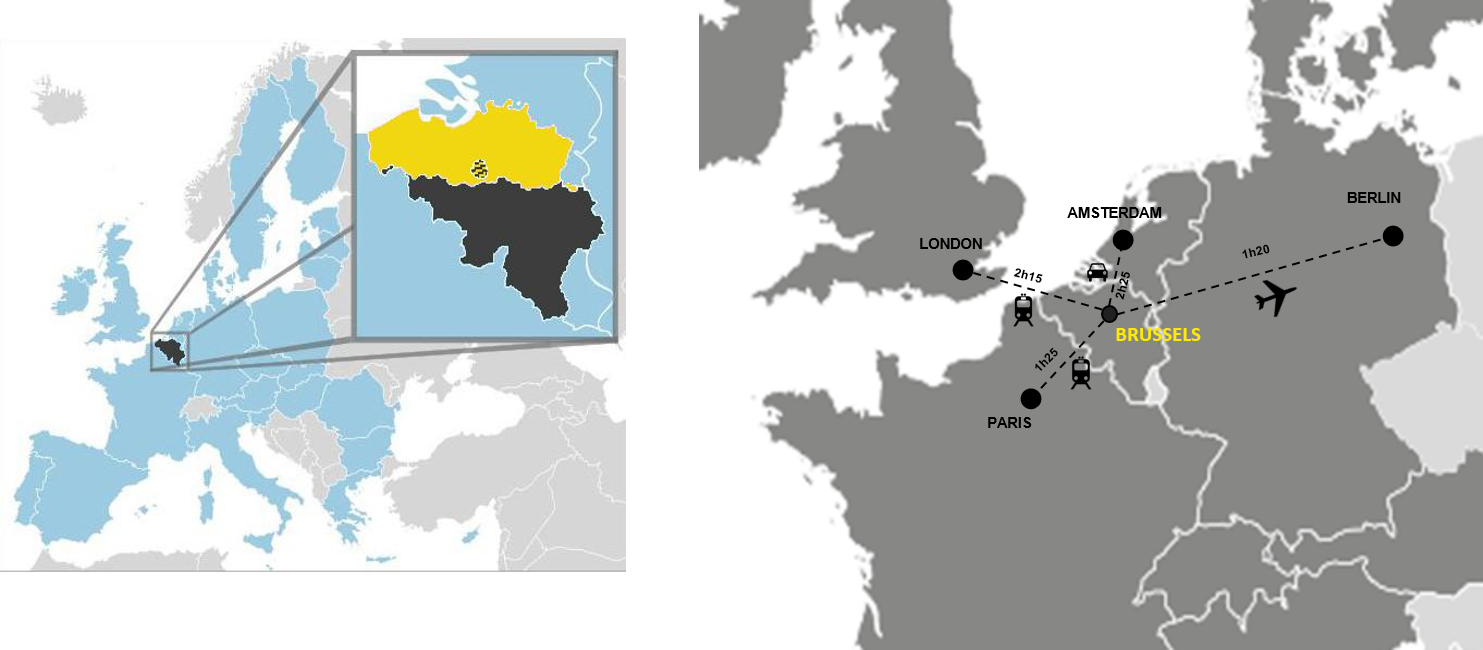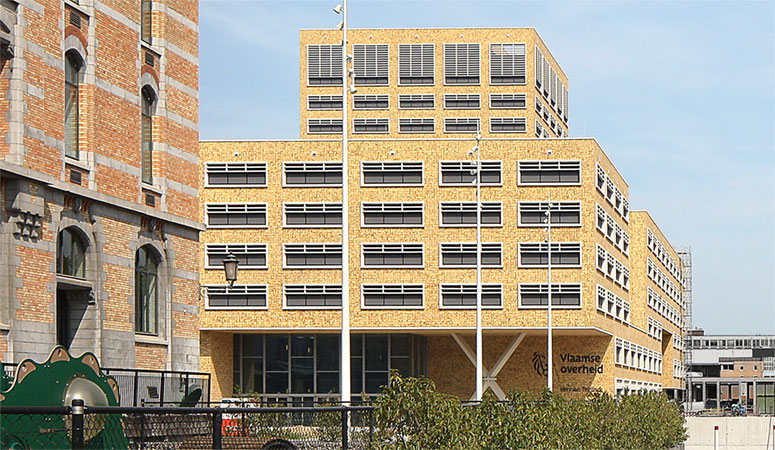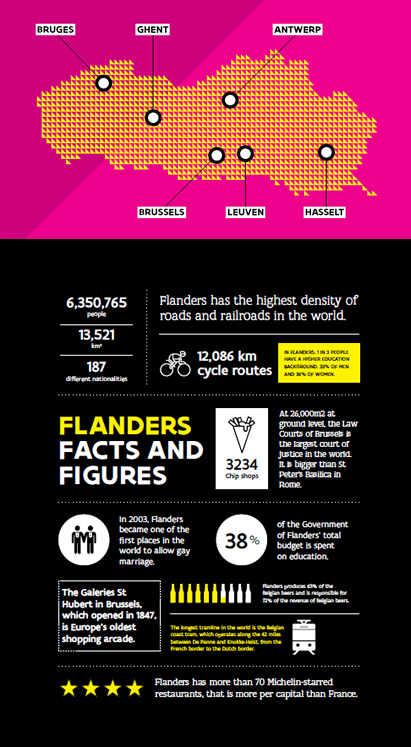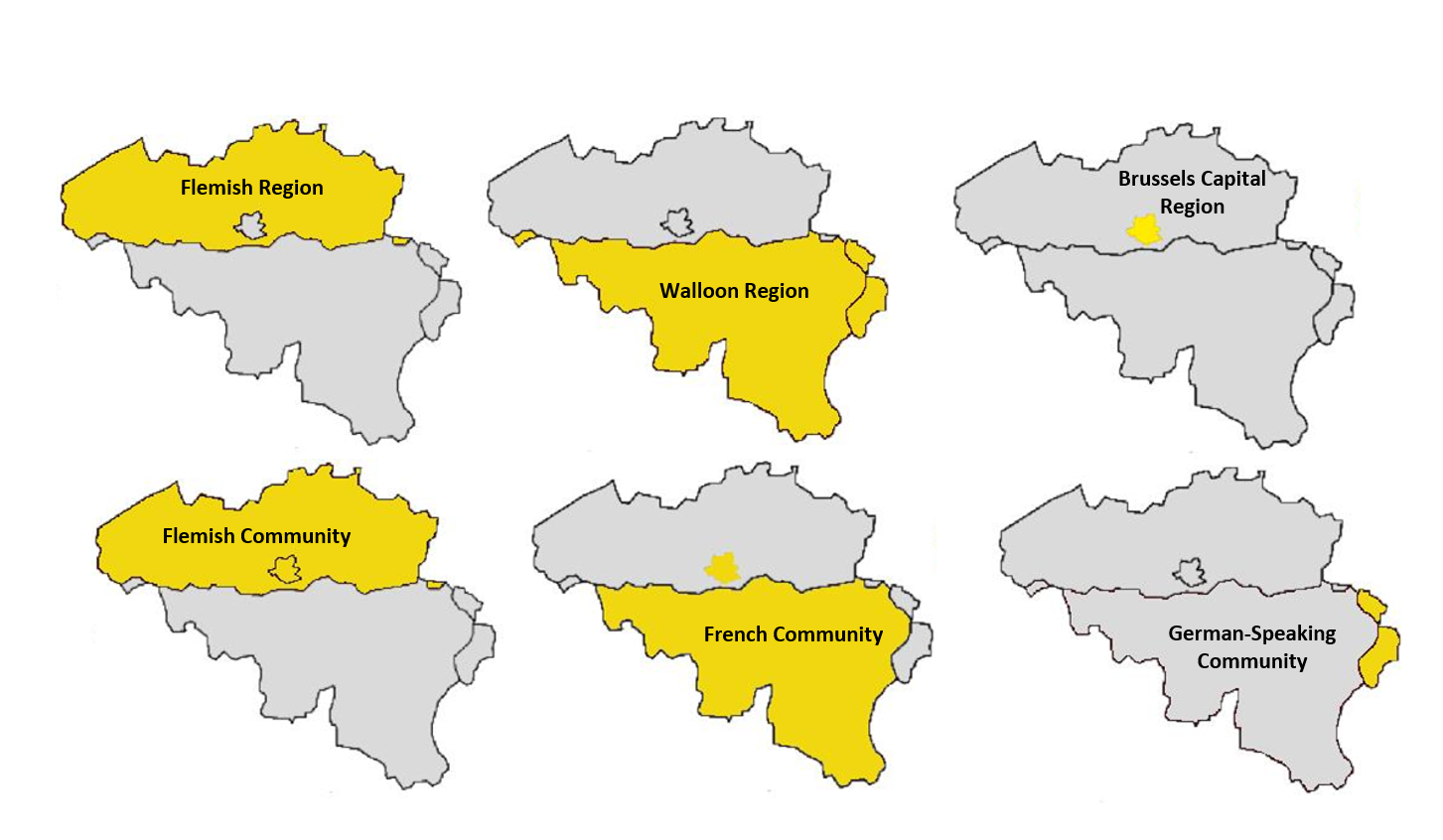Belgium gained independence in 1830. Between 1970 and 1993, the country evolved into a more efficient federal structure. This occurred through six state reforms (in 1970, 1980, 1988-89, 1993 and 2001). As a result, the first article of the Belgian constitution today reads: “Belgium is a federal state, composed of communities and regions”.
Communities
The redistribution of power occurred along two lines. The first line relates to language and, in a broader sense, to everything related to culture. The result was several communities. The concept of 'community' refers to persons that make up a community and the bond that unifies them, namely their language and culture. Belgium sits across the fault line that separates German and Latin cultures. This explains why the country has three official languages: Dutch, French and German. As a result Belgium has three communities: the Flemish Community, the French Community and the German-speaking Community. These communities correspond with the population groups.
Since these Communities are based on the concept of "language" and language is "dependent on the individual", a number of other powers are obviously associated with the Communities. The Community has authority over culture (e.g. theater, libraries, audiovisual media), education, the use of languages and matters relating to the individual, which concern health policy (curative and preventive medicine) and assistance to individuals (e.g. child protection, social welfare, family assistance, immigrant assistance services). They also have powers in the field of scientific research and international relations, ,as associated with their powers.
Regions
Economic interests inspired the second goal of state reform, as the regions aspired to more economic autonomy. This resulted in the establishment of three regions: the Flemish Region, the Brussels Capital Region and the Walloon Region. To a certain extent, they can be compared to the American states or the German 'Länder'.
Their powers have been gradually extended in the course of various reforms. During the second state reform of 1980, the Flemish and Walloon Region were given their own Parliament and Government. The Brussels-Capital Region, on the other hand, was only granted its institutions during the third state reform in 1988-89. The population directly elects the members of the Regional Parliament every five years.
Regions have powers in fields that are connected with their region or territory in the broadest sense. The Flemish Region, the Brussels-Capital Region and the Walloon Region have powers relating to the economy, employment, agriculture, water policy, housing, public works, energy, transport (except Belgian railways), the environment, town and country planning, nature conservation, credit, foreign trade, supervision of the provinces, communes, and inter-communal utility companies.
They also have powers relating to scientific research and international relations in those fields.
The Regions have legislative and executive branches: these are known as the Regional Parliament and the Regional Government.
One should not forget that in Flanders, the Community and Regional institutions were merged, Therefore, Flanders only has one parliament and one government.
Federal State
The Federal State retains important powers in the area of foreign affairs, national defense, justice, finance, social security, important parts of national health and domestic affairs, etc. Nevertheless, the communities and the regions also have the power to establish and maintain foreign relations.
Reconciling regional and cultural identities within a federal structure is easier said than done, but has the advantage of bringing the decision process closer to the population. This results in a more sharply defined political structure, with a greater emphasis on quality of life.
